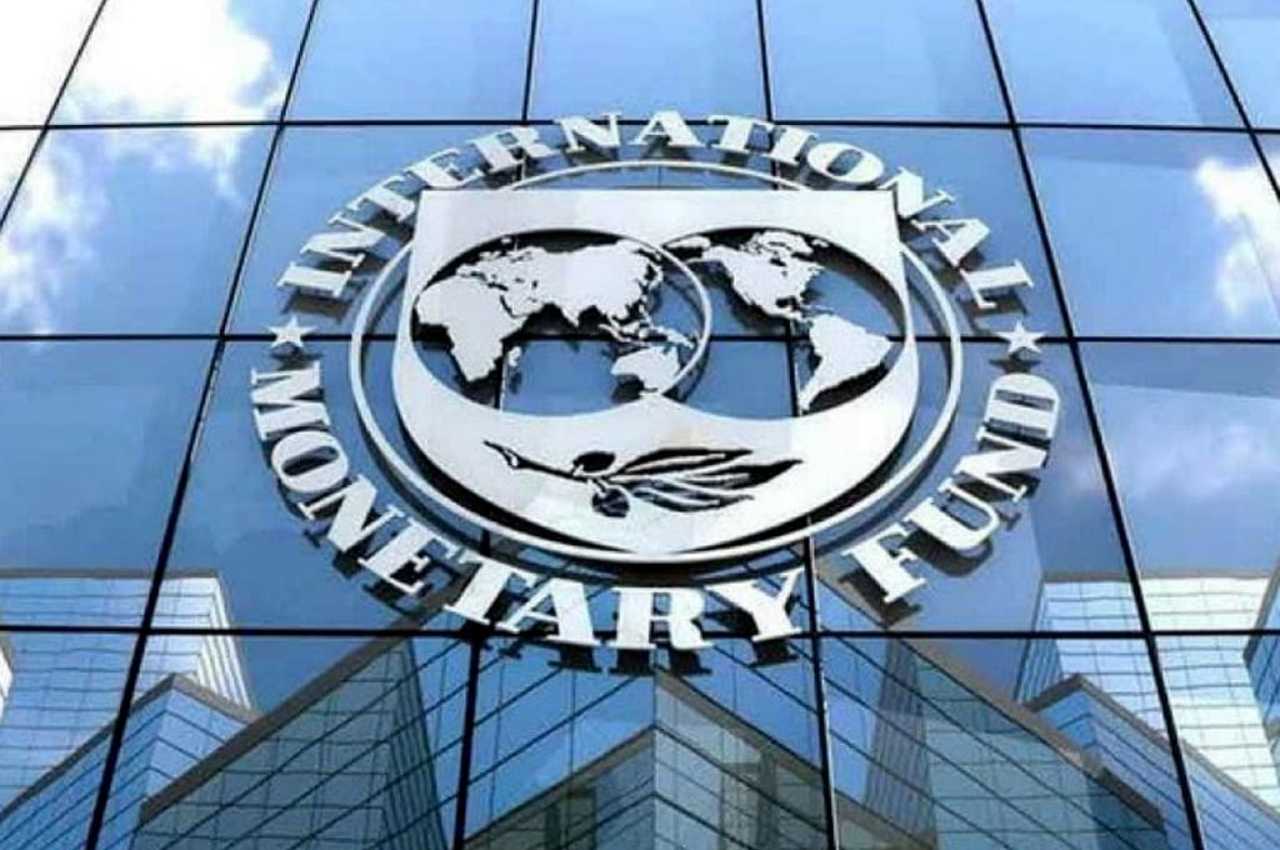New Delhi: The International Monetary Fund (IMF) on Tuesday slashed India’s growth forecast by 80 basis points to 7.4 per cent for FY 23 citing less favourable external conditions and rapid policy tightening by Reserve Bank of India (RBI).
IMF, in its update to the April World Economic Outlook, said while a global recession in 2022 is excluded due to growth estimates of 3.2%, the balance of risks is firmly tilted to the downside due to a variety of factors that could have a negative impact on the performance of the global economy.
“The risk of recession is particularly prominent in 2023, when in several economies growth is expected to bottom out, household savings accumulated during the pandemic will have declined, and even small shocks could cause economies to stall. For example, according to the latest forecasts, the United States will have real GDP growth of only 0.6 percent in the fourth quarter of 2023 on a year-over-year basis, which will make it increasingly challenging to avoid a recession,” it added.
The IMF added more lockdowns and China’s escalating real estate crisis have caused growth to be downgraded by 1.1 percentage points to 3.3% for 2022, with major global spillovers.
“Downgrades for China and the United States, as well as for India, are driving the downward revisions to global growth during 2022–23, which reflect the materialization of downside risks highlighted in the April 2022 World Economic Outlook,” it added.
According to the IMF, the steep slowdown in China’s economy and the moderation in India’s economic growth are the key causes of the negative revisions to growth for emerging markets and developing nations.
The multilateral lender also noted that global trade growth in 2022 and 2023 will likely slow by more than earlier expected, which reflects decrease in global demand and supply chain problems. “The dollar’s appreciation in 2022 — by about 5 percent in nominal effective terms as of June compared with December 2021 — is also likely to have slowed world trade growth, considering the dollar’s dominant role in trade invoicing as well as negative financial balance sheet effects on demand and imports in countries with dollar-denominated liabilities,” it added.
IMF warned that widespread capital flight from emerging market and developing economies could increase this danger if central banks in developed nations boost interest rates to combat inflation.
IMF stated that at this time, the focus should be on bringing inflation under control because price stability is a requirement for long-term growth in economic well-being and financial stability.
“Economies in which underlying inflation and inflation expectations have risen persistently and significantly above target levels need to take decisive action to tighten monetary policy, with central banks shrinking their balance sheets and raising real interest rates. In the near term, such policies reduce inflation at the cost of lower real activity, higher unemployment, and lower wages,” IMF said.













